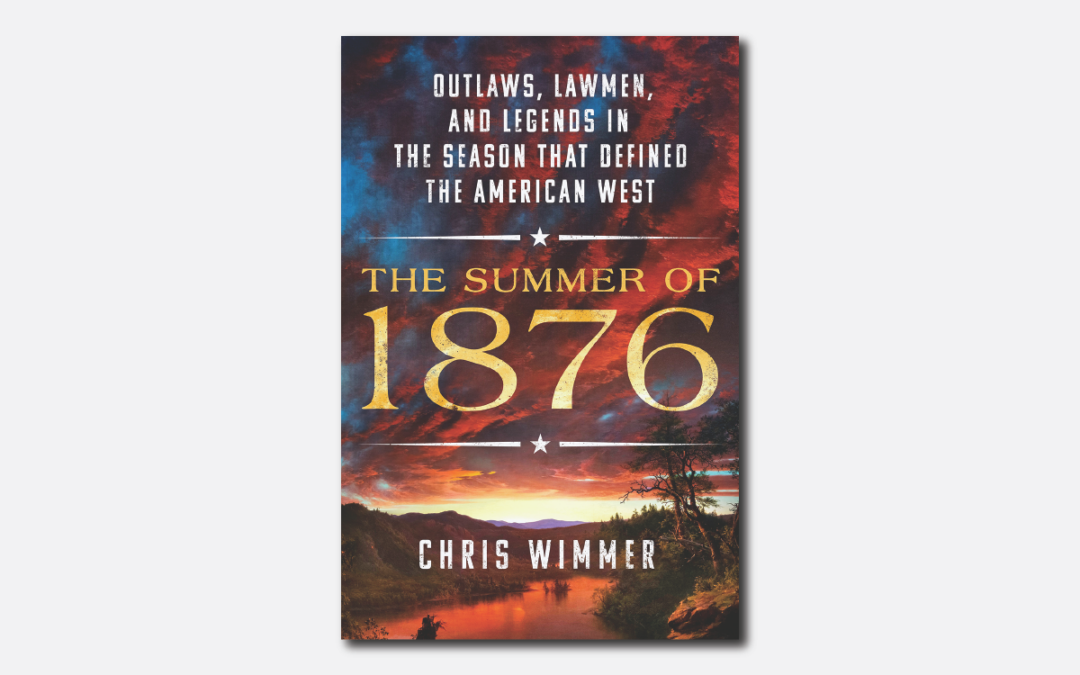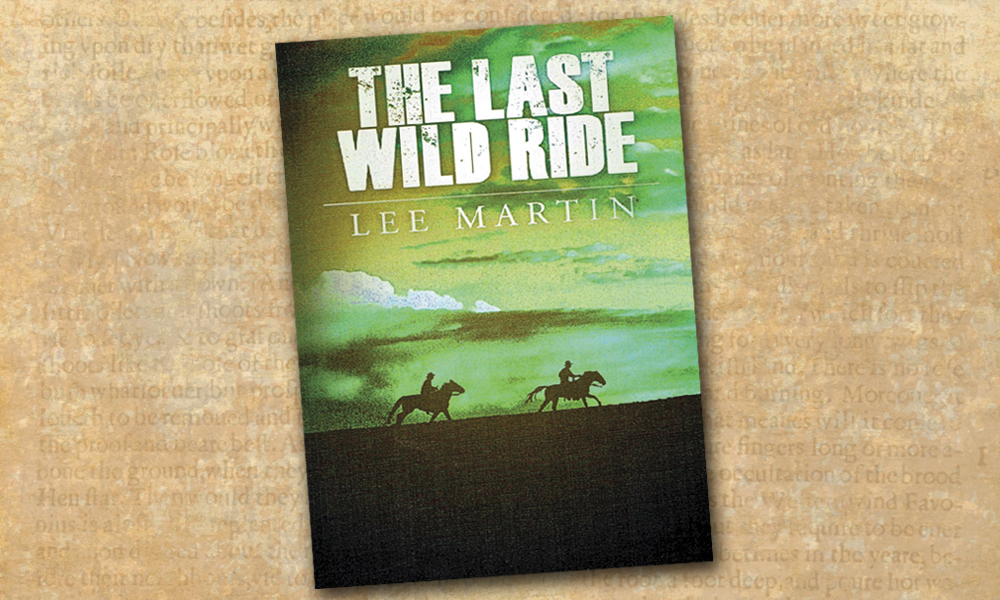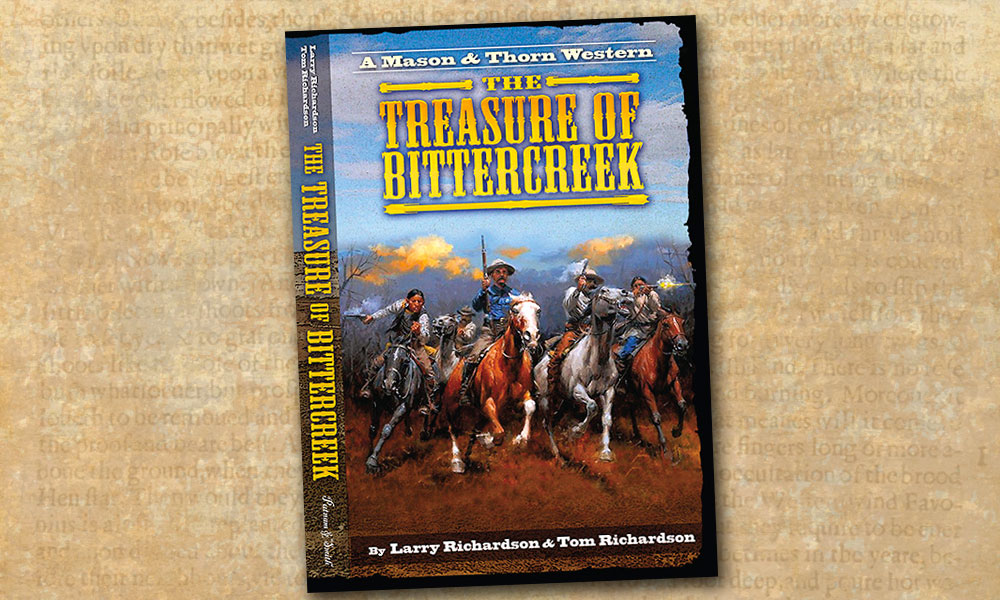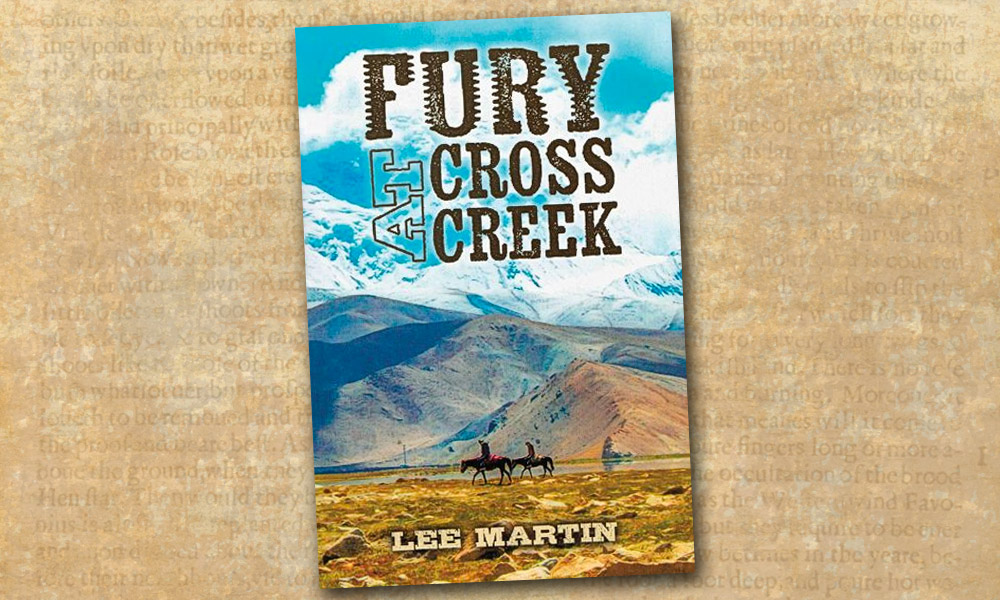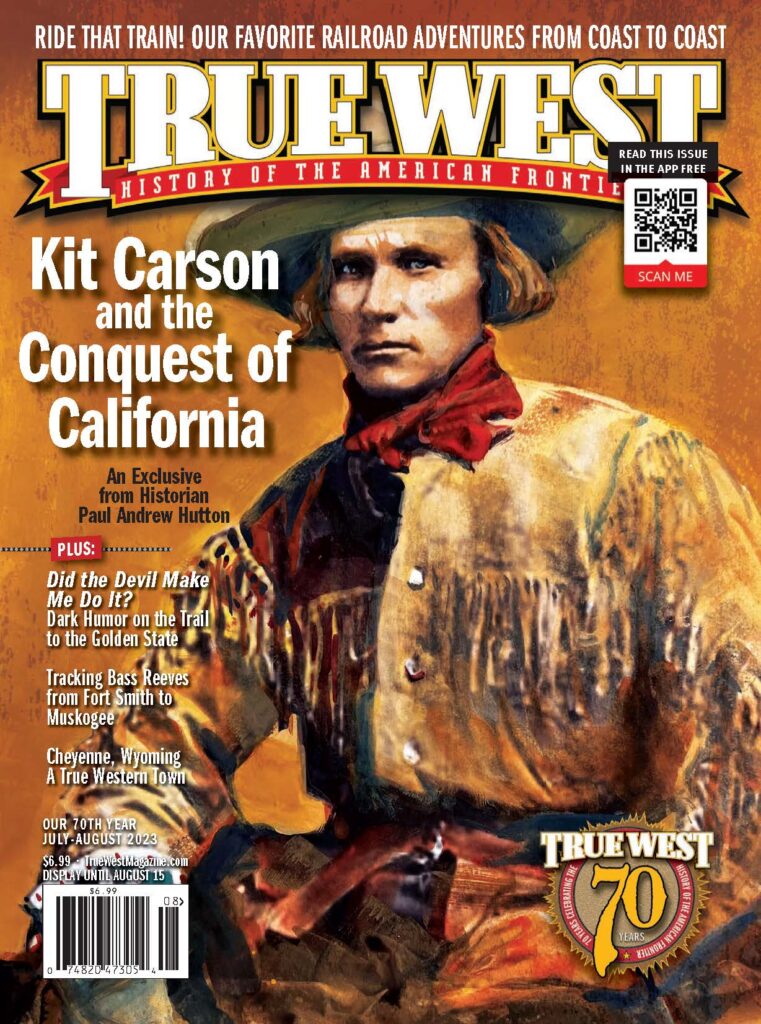Chris Wimmer’s The Summer of 1876, plus a revised biography of Sitting Bull, an ode to Billy, a classic Western and a new compendium on Spain’s conquest of Mexico.
To my great delight this spring, I received an advance copy of “Legends of the Old West” podcast producer Chris Wimmer’s The Summer of 1876: Outlaws, Lawmen and Legends in the Season That Defined the American West (St. Martin’s Press, $30). Wimmer is an award-winning journalist with a master’s degree in journalism from Arizona State University’s Walter Cronkite School of Journalism. His first book is perfect for anyone looking for an introduction to the grand events that defined the West—and America—
in its Centennial year. As he writes in the introduction: “The goal of this book is to weave all those threads into a single narrative. It is intended to be an entertaining journey through the summer of 1876. It is intentionally lean and fast-paced.”
What I like most about Wim-mer’s The Summer of 1876 is his narrative style. He is a natural storyteller and provides just enough historical context to the events that unfolded that year in United States history to draw the reader into a greater understanding of how so many events that happened in one summer shaped our modern, popular cultural idea of the Old West. Wimmer does this by connecting events that most of us read about separately in siloed studies of key historical figures, mining booms, cattle towns and military actions against the American Indians.
Additionally, Wimmer brings to the forefront the concurrent rise of the national newspaper media and what and who we will later consider Western celebrity. In 1876, George Armstrong Custer, James Butler “Wild Bill” Hickok, Calamity Jane, Wyatt Earp, Bat Masterson, Sitting Bull, Crazy Horse, the James-Younger Gang and William Frederick “Buffalo Bill” Cody, just to name a few, became household names.
Readers of Wimmer’s The Summer of 1876 will be inspired to dive deeper into the lives and events of that fateful season. What Wimmer does extremely well is broaden the playing field on his topic, which is not limited to events in the American West. He seamlessly threads in national events and stories beyond the confines of the West including the first season of the National League and the rise of professional baseball as the national pastime, the publishing of Mark Twain’s The Adventures of Tom Sawyer, the introduction of inventions such as the telephone, the Centennial Exposition in Philadelphia and the significance of the disputed presidential election of 1876.
What’s next on tap for Wim-mer? I am confident that the young historian is already busy planning his next book while entertaining his listeners on his popular “Legends of the Old West” podcast. Stay tuned. If it is as fun to read as The Summer of 1876, it should be a page turner!
—Stuart Rosebrook
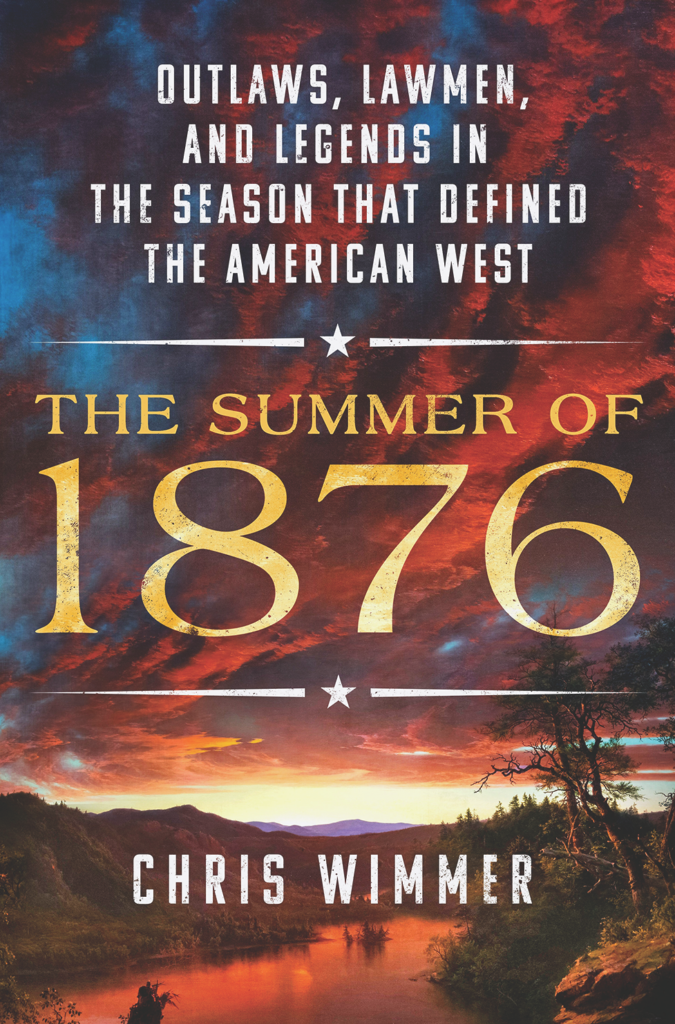
A Proud Leader
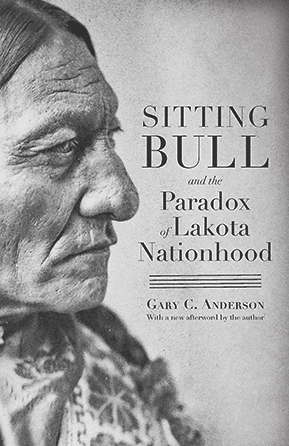
Presenting the latest available scholarship, Gary C. Anderson has released his revised edition of Sitting Bull and the Paradox of Lakota Nationhood (University of Nebraska Press, $19.95). In his book, Anderson offers a different perspective on the conflict between Sitting Bull and General George Arm-strong Custer which exploded at the 1876 Battle at Little Bighorn. Tracing Sitting Bull’s life and experiences that led to the famed battle, Anderson profiles the Lakota leader in a fresh way and one which frames him as a tireless leader of his people and their rights until his death. The book also dives headfirst into the complex societal, political and cultural traditions that carried the Lakota Nation through centuries of earlier conflicts that ultimately ended with the massacre at Wounded Knee near the end of the 19th century. This final act saw the vision of Sitting Bull’s free and powerful nation destroyed, despite his valiant efforts against the might of the United States Army.
—Erik J. Wright, assistant editor of The Tombstone Epitaph
A Corrido for Billy
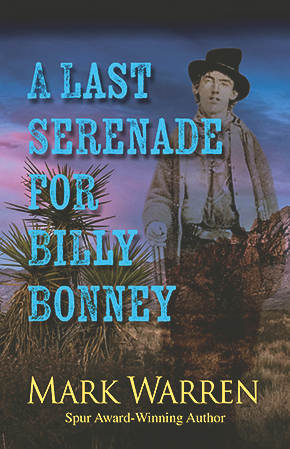
Mark Warren is a consummate researcher and leaves no stone unturned. He is also quick to praise historians who have de-voted decades, even lifetimes, to the study of this main character. Through combing the historical records of Henry McCarty, aka William H. Bonney, aka “Billy the Kid,” with Warren’s exceptional gift of creative writing, he has gotten inside the possible personality of this legendary outlaw in A Last Serenade for Billy Bonney (Five Star, $25.95). Enlisting the help of fictional journalist John Blessing, Warren invites us to listen in on jailhouse interviews and a respectful friendship between Blessing and Bonney. We hear from a former teacher Bonney may have been smitten with, family members and former employers. A special bonus at the end of this book is an original composition by Warren—”A Last Serenade for Billy Bonney.”
—Denise F. McAllister, coauthor of the Wild Cow Ranch series
A Rip-Snorting Western
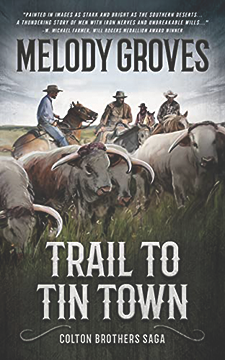
Trail to Tin Town (Wolfpack, $12.99) is the latest installment in the Colton Brothers Saga series from award-winning author Melody Groves. The novel moves along at breakneck speed, much like a terrified cattle stampede, from one dangerous incident to the next without much pause. So quickly do the possibly deadly events unfold that this reader couldn’t even take a deep breath, but just had to keep turning pages to see what would happen to the brothers and their companions next. The text is sharp and crisp in its descriptions of the characters, the weather and the landscapes. Even the characters’ memories from previous adventures fit in seamlessly without having to be explained in detail, which makes the story move along at a brisk pace and be very easy to read.
—Rod Timanus, author of The Penitent Gun, An Ezekiel Flagg Western
The Legacy of Hernando Cortés
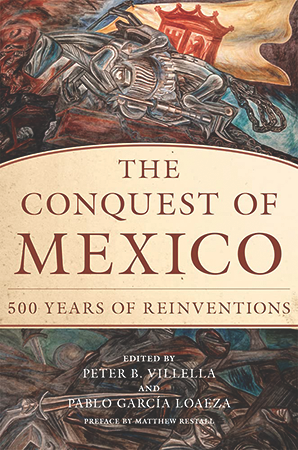
The Conquest of Mexico: 200 Years of Reinventions edited by Peter B. Villella and Pablo Garcia Loaeza (University of Oklahoma Press, $55) is an informative anthology of 12 essays on the Spanish Conquest of Mexico and subsequent interpretations of Spain’s imperialist rule during changing political and social eras. The actual Spanish invasion of Mexico took place in 1519 and culminated with the end of the siege of Tenochtitlan, modern Mexico City, in 1521. One might think that conqueror Hernando Cortés would then sail back to Spain with his booty, but the authors capably show that although the actual conquest was complete, what would change is how history reported it in the centuries to follow and how it is considered today.
—Chuck Parsons, author of Texas Ranger Lee Hall: From the Red River to the Rio Grande
Rough Drafts
Western Heritage Awards
On April 15, 2023, the National Cowboy & Western Heritage Museum held its annual Western Heritage Awards and Hall of Fame inductions. Robert A. Funk Sr. and Daniel Wallace “80 John” Webster were inducted into the Hall of Great Westerners, while Lou Diamond Phillips and Bob Wills (1905-1975) were inducted into the Hall of Great Western Performers. Congratulations to the Heritage Award winners, including Western Writers of America members Walter Hill, Matthew Ross Kerns, Casey Day Rislov, Micki Fuhrman and W.K. Stratton.
Western Visionary Award: Pete Coors
Lifetime Achievement Award: Red Steagall
Nonfiction Book: Love and Try: Stories of Gratitude and Grit from Professional Bull Riding by Andrew Giangola (Cedar Gate Publishing)
Photography Book: Ranchland: Wagonhound by Annouk Masson Krantz (ACC Art Books/Images Publishing)
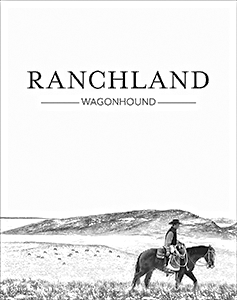
Juvenile Book: The Rowdy Randy Wild West Show: The Legend Behind the Legend by Casey Rislov, illustrated by Zachary Pullen (Mountain Stars Press)
Magazine Article: “Texas Jack Takes an Encore,” by Matthew Kerns, Wild West,
April 2022
Western Novel: Think of Horses: A Novel by Mary Clearman Blew (Bison Books)
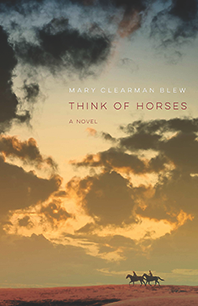
Poetry Book: Last Red Dirt Embrace by W. K. Stratton (Lamar University Press)
Original Western Composition: “Blues for 66,” by artists and composers Michael Martin Murphey and Ryan Murphey
Traditional Western Album: Westbound by artist and composer Micki Fuhrman
Western Lifestyle: “Reba,” Red Steagall is Somewhere West of Wall Street (RFD-TV)
Theatrical Motion Picture: Dead for a Dollar (Myriad Pictures)
Fictional Television Drama: “Monster Slayer,” Dark Winds (AMC+)
Western Documentary: The Long Rider directed by Filipe Masetti Leite, produced by Filipe Masetti Leite, Sean Cisterna
—Stuart Rosebrook
Building Your Western Library
A Montana Author Reflects on His Favorite Western Books

Thomas Minckler is the author of In Poetic Silence: The Floral Paintings of Joseph Henry Sharp and, most recently, Montana: A Paper Trail. He divides his time between Montana and New York City and is a lifelong collector of books, paintings, vintage photography and historical documents and letters on Montana and the northern Plains. Although he found it extremely hard to limit, here are five of his favorite books on the West.
We Pointed Them North by E.C. “Teddy Blue” Abbott and Helena Huntington Smith (Farrar & Rinehart, Inc.): This is the iconic, realistic classic story of the Texas to Montana trail drivers’ history of the cowboys who drove the cattle north.
Tough Trip through Paradise 1878-1879 by Andrew Garcia (Houghton Mifflin Co.): One of the most appealing books on the period includes the plight of the Nez Perce.
Red Mother by Frank Bird Linderman (The John Day Co.): The first biography of an American Indian woman (Crow) is a classic volume.
As Big as the West: The Pioneer Life of Granville Stuart by Clyde L. Milner III and Carol A. O’Connor (Oxford University Press): This is a thorough, compelling history of the pioneer of pioneers Granville Stuart—gold miner, vigilante, artist, author, first president of the Montana Stockgrowers Association, Montana Historical Society founder, five-time legislator and rancher.
A Decent, Orderly Lynching: The Montana Vigilantes by Frederick Allen (University of Oklahoma Press): This is the most even-keeled book written on the Montana Vigilante period during the 1860s.

